University Partnering With CXtec, United Way on Electronic Upcycle Event
Do you have an old laptop, an outdated cell phone, an obsolete tablet or a forgotten printer that no longer works? Are you looking to recycle your outdated technology in a sustainable way while also giving back to the United…


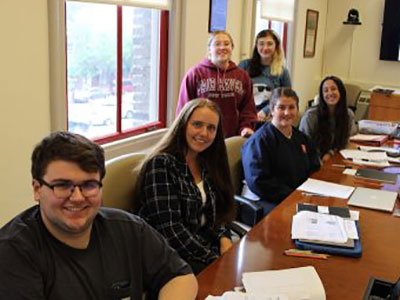
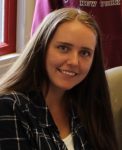 Lara Collins
Lara Collins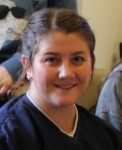 Mary Hillebrand
Mary Hillebrand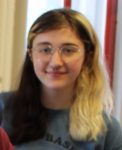 Margaret “Mae” Hurley
Margaret “Mae” Hurley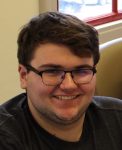 Nolan Lawroski
Nolan Lawroski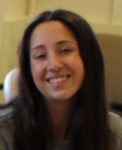 Elizabeth “Liz” Malecki
Elizabeth “Liz” Malecki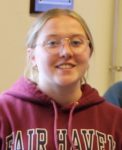 Meghan Morrol
Meghan Morrol